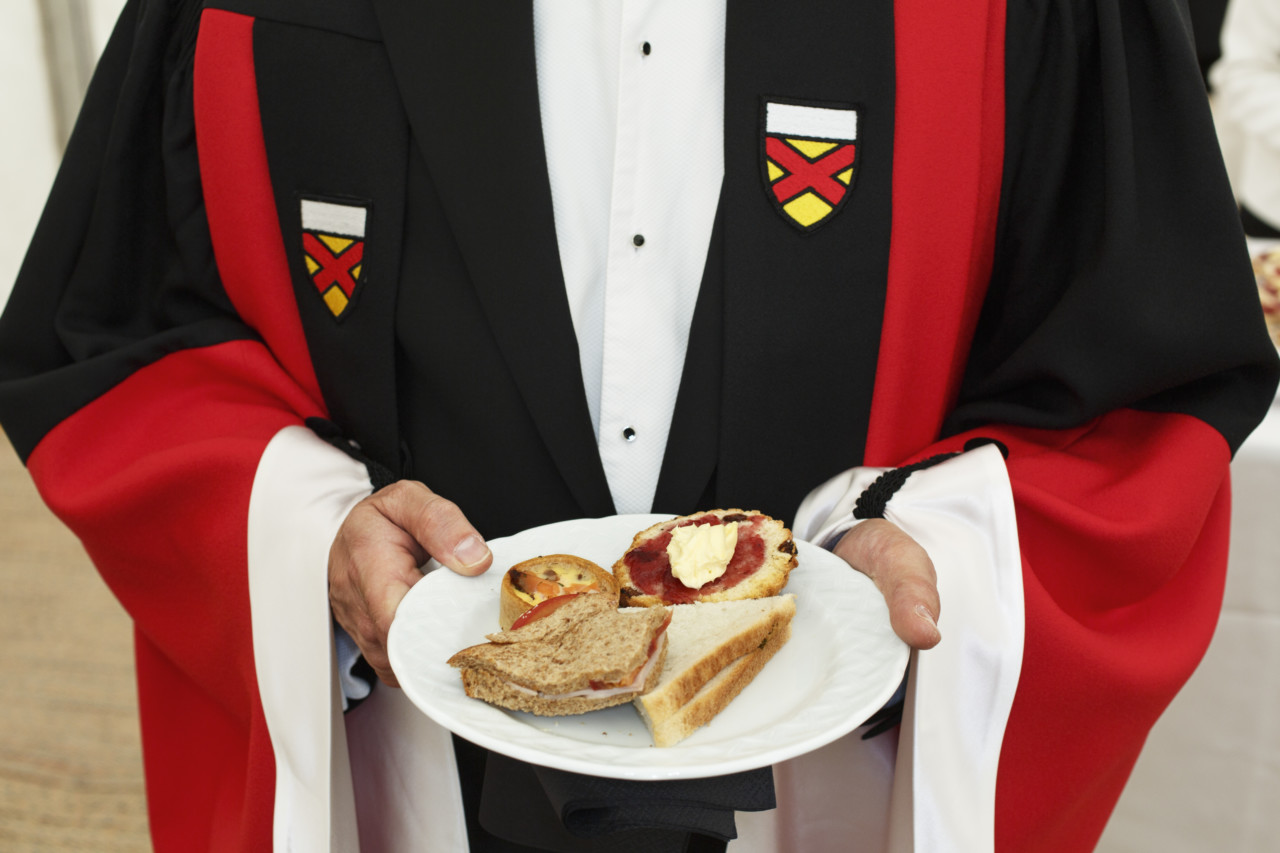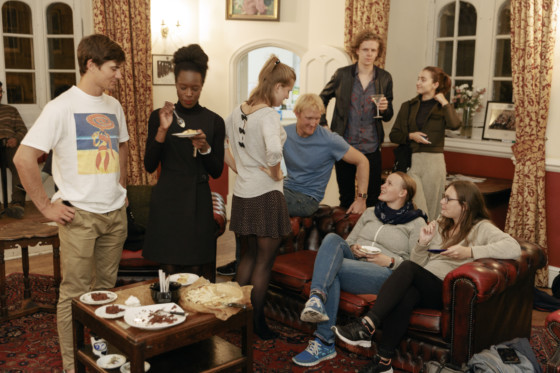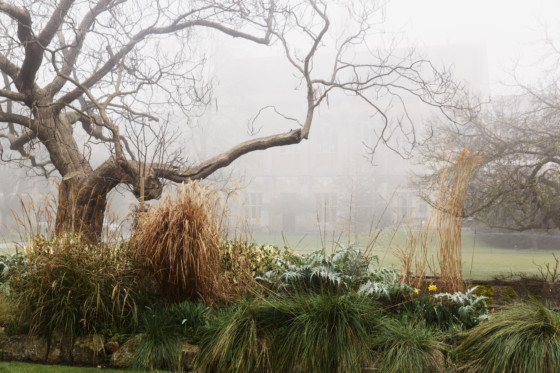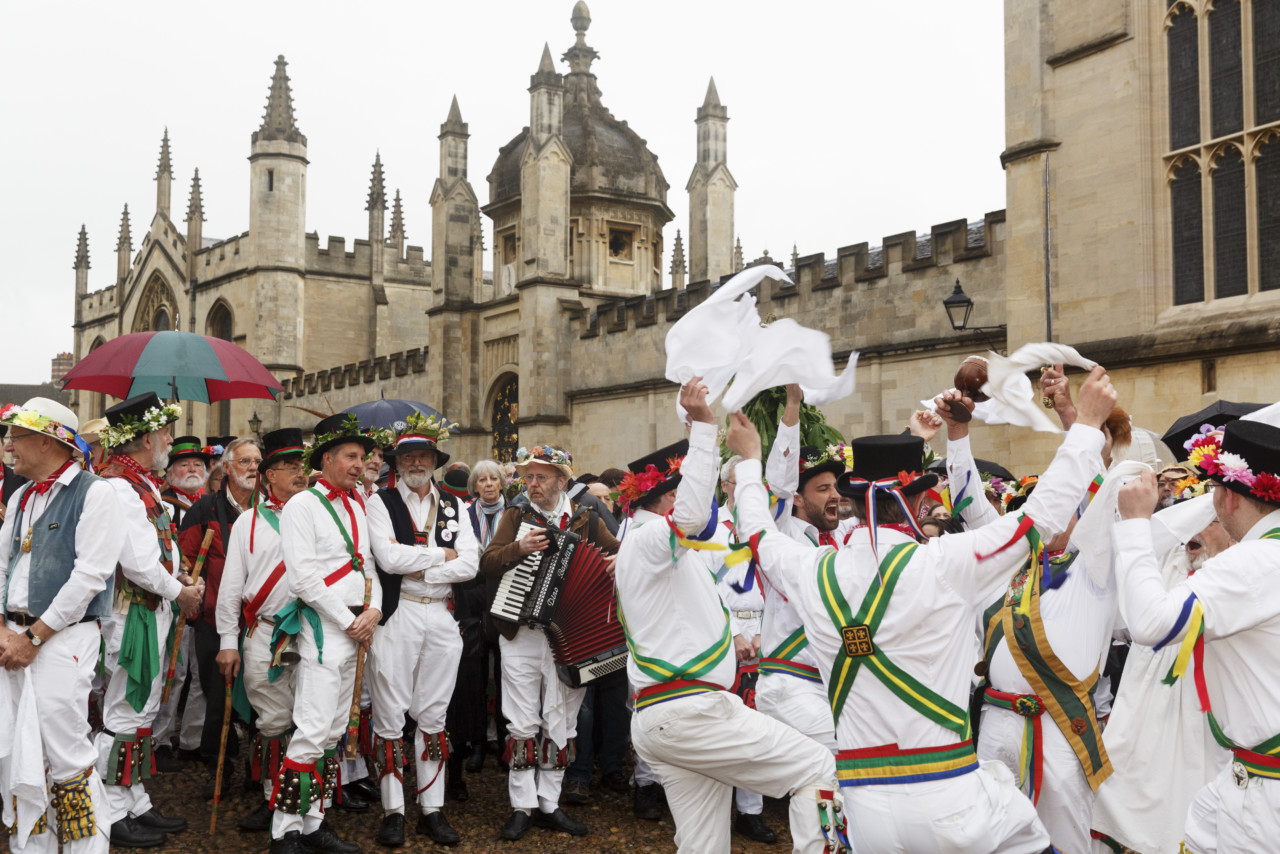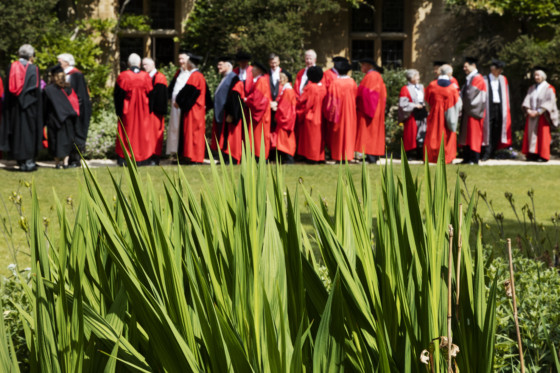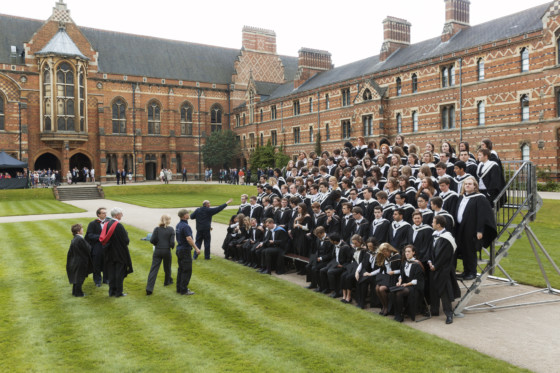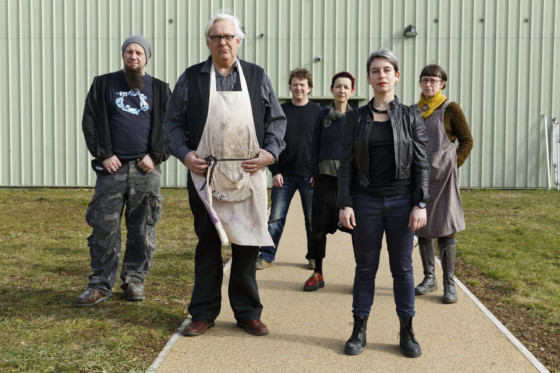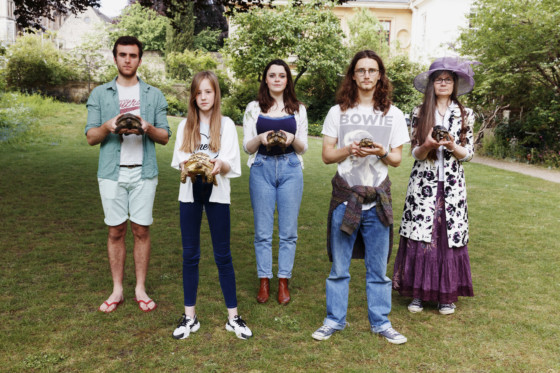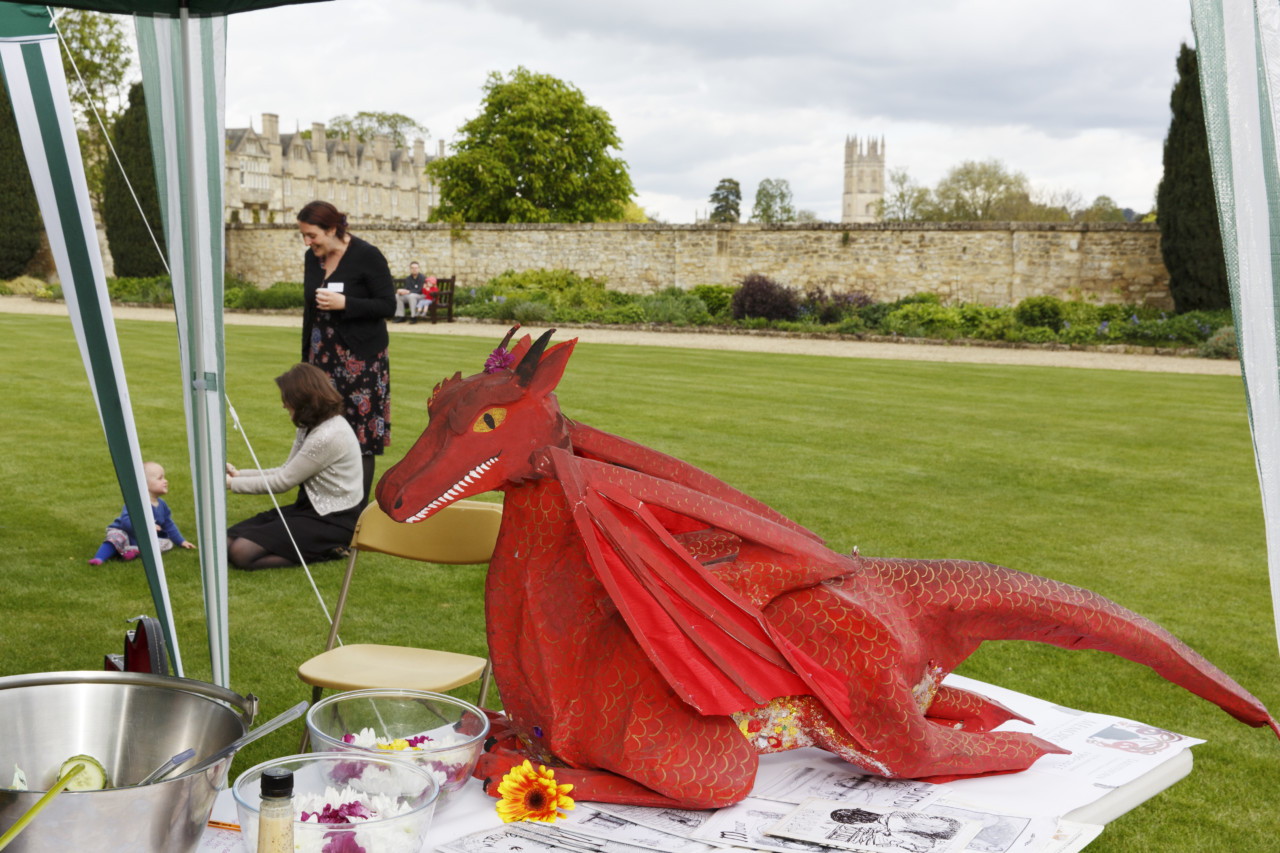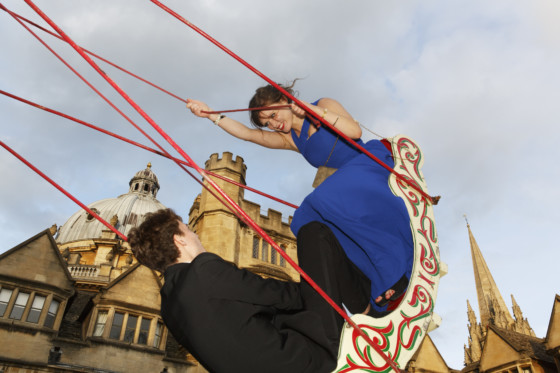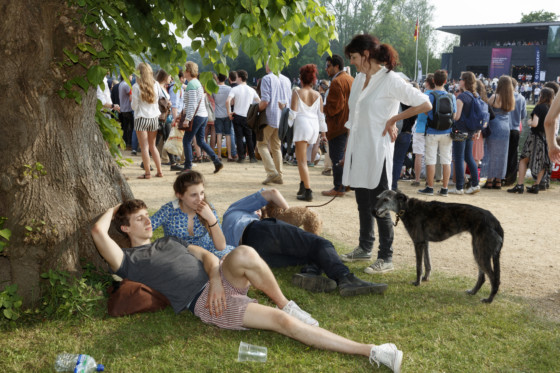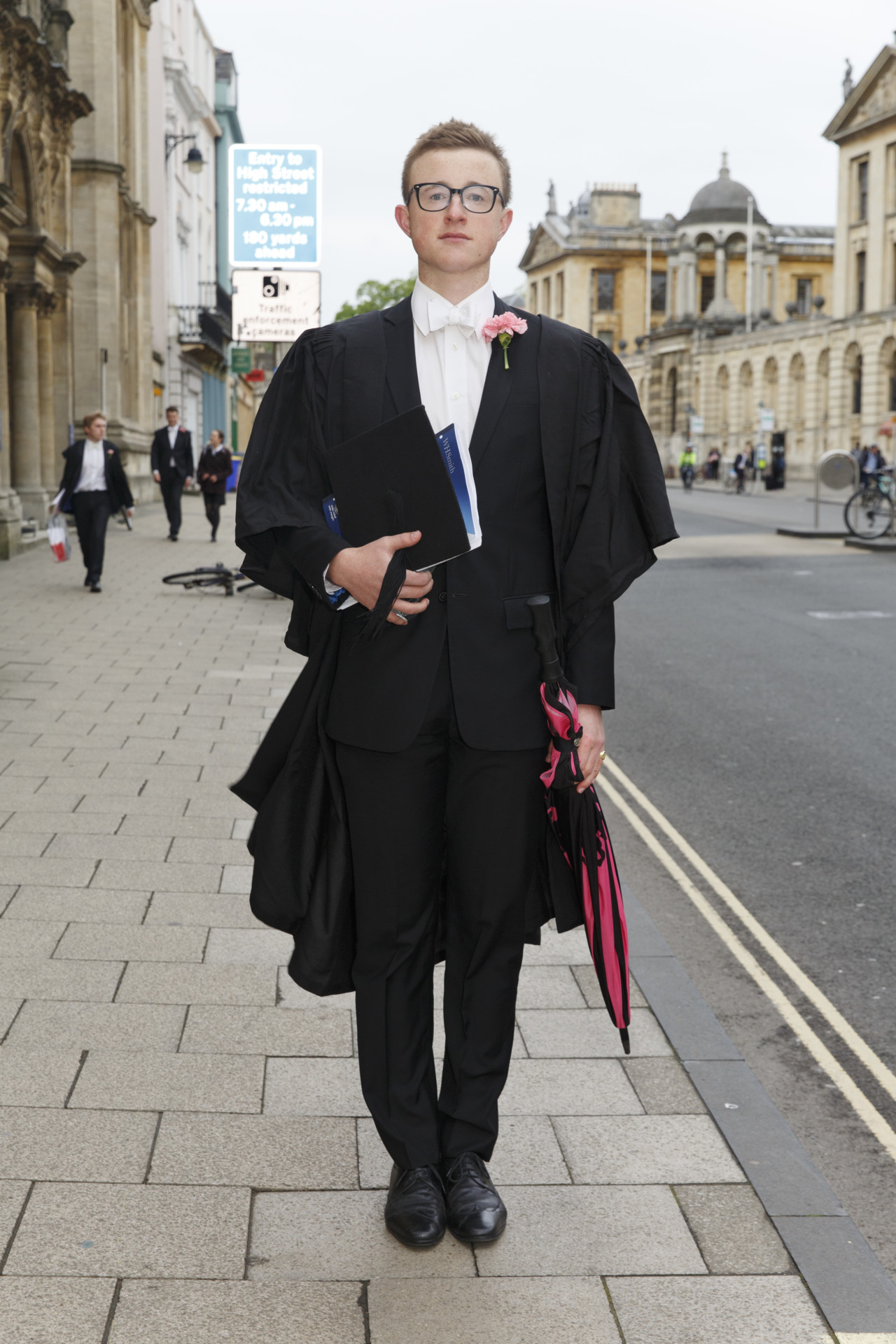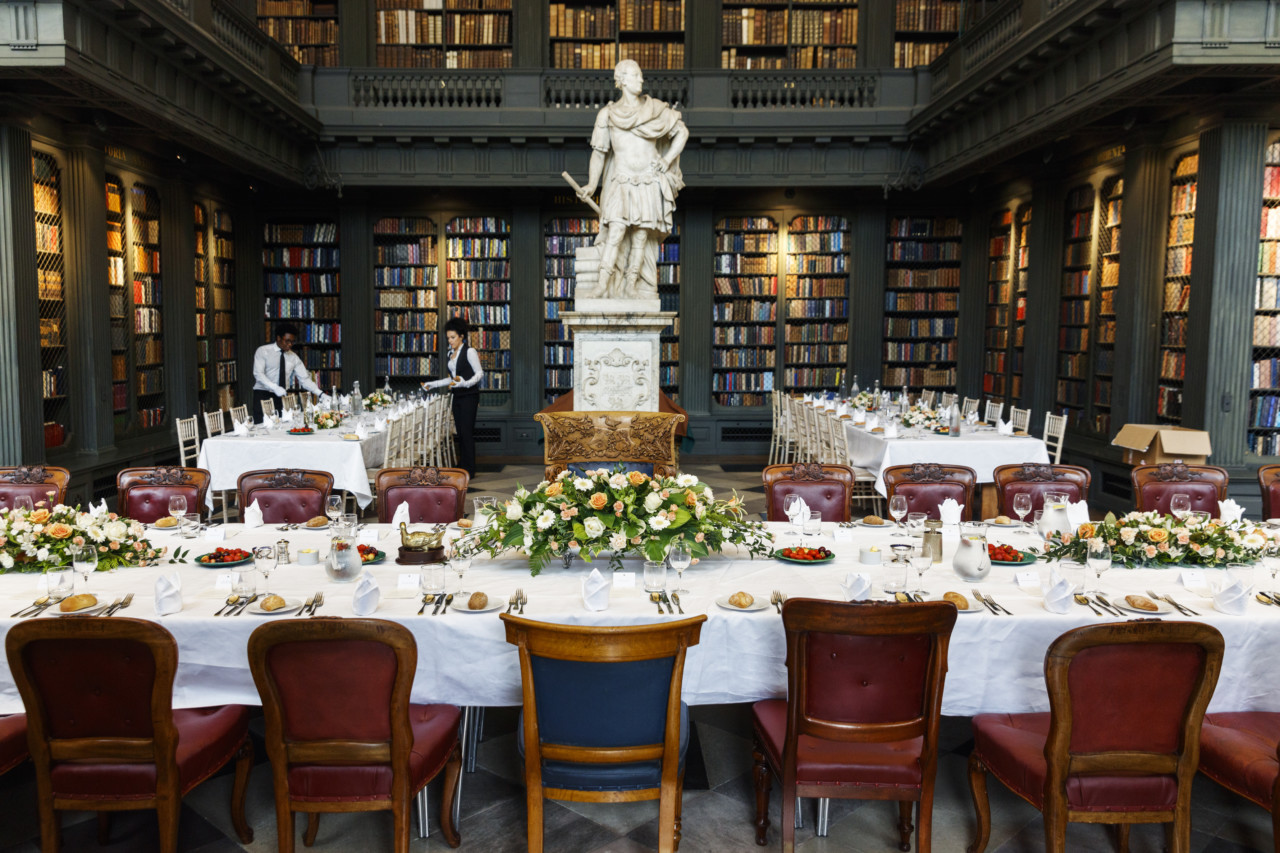Oxford University by Martin Parr
Martin Parr’s ongoing study of British social mores takes him to Oxford University for his latest book
A seat of learning, steeped in history and tradition, Oxford University makes the perfect subject for Martin Parr’s continued exploration of British culture, class and societal mores. A year in the life of the esteemed university is captured in a new book, out now. The images capture the day-to-day life of the colleges and University at work and play, and the colorful and arcane rituals that make it so distinctive. A selection of these images are presented here with an excerpt of an afterword written by Simon Winchester OBE, who describes the moment he discovered he’d won a place.
“My father brought a letter to me in my bedroom. It was in a brown envelope, the kind of envelope in which bills of small consequence arrived. It was from Oxford, and it looked as though it contained bad news—if good news, it surely would have been in an envelope of stiff cream paper, not this meagre thing.
I opened it with care, my father looking on anxiously. The letter was indeed from the college, from a man named Lloyd Stocken, tutor in biochemistry. We are very pleased… he began. I think I couldn’t read the rest, my eyes were so clouded with tears. My father took it from my hands. It was a quick read. ‘You’re in!’ he cried with delight. ‘You’ve won a place at Oxford!’
"You’re in!’ he cried with delight. ‘You’ve won a place at Oxford!"
- Simon Winchester
The oldest university in the English-speaking world, it is claimed and generally believed. Certainly not as old as Bologna, the Holy Roman establishment of higher learning to which the Latin name universitas was first applied. And the University of Paris was older, too. But Oxford is certainly more ancient than Cambridge, is considerably senior to St Andrews and Glasgow and Aberdeen, and enjoys the same degree of veneration as Padua and Florence and Heidelberg and Salamanca and all those other great papally sanctioned institutions of European learning that came into being in the thirteenth and fourteenth centuries. Except that some aver, probably mistakenly, that Oxford was actually born earlier than any of these arrivistes, and like to cite evidence for a greater antiquity that has long intrigued historians and champions of what has come to be called the Oxford myth.”


